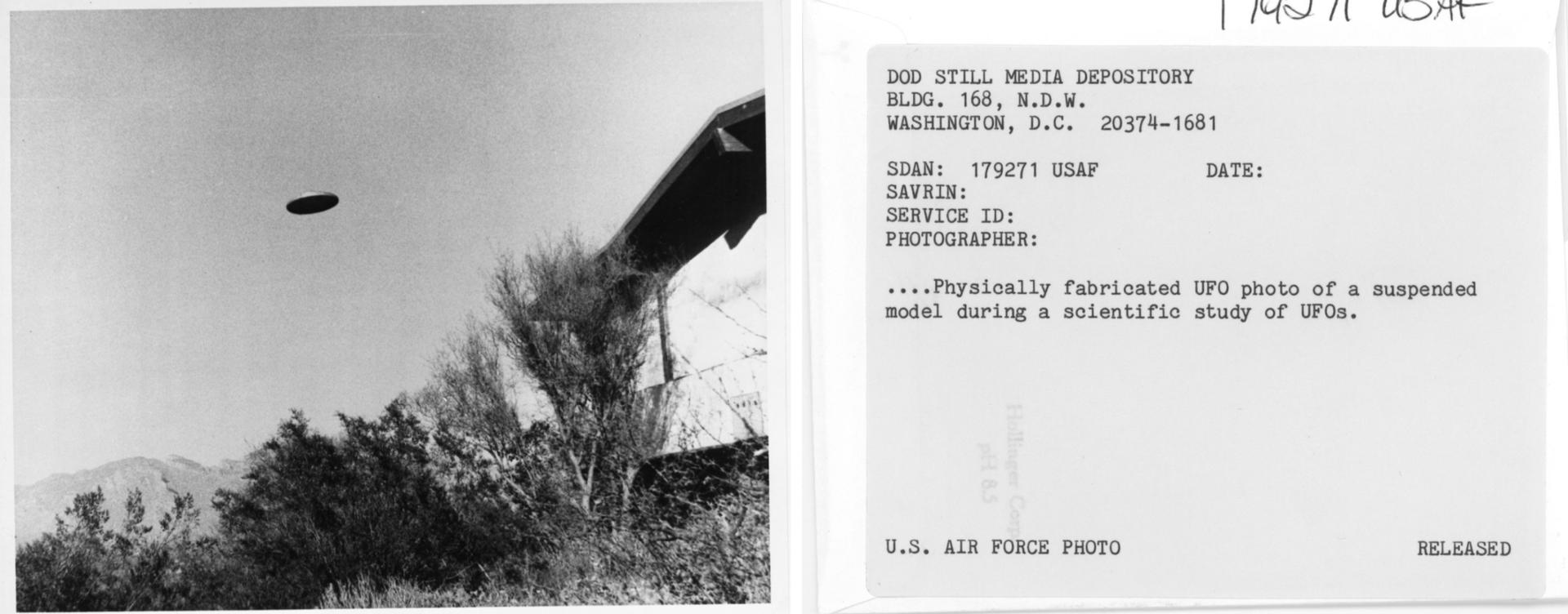Dear Friend of Press Freedom,
I’m Lauren Harper, the first Daniel Ellsberg chair on government secrecy at Freedom of the Press Foundation (FPF), and welcome to “The Classifieds.” Read on to learn about this week’s top secrecy news.
So, you want to file FOIAs during a shutdown
Me too. Here’s what you need to know:
- Yes, you can still file your Freedom of Information Act requests during the shutdown (but if you’re in active litigation, your case has probably been stayed).
- FOIA offices are likely furloughed and possibly have been targeted by reductions in force. Consider writing to your representative to ensure those who do return to work are protected and are given the tools they need to do their job.
- FOIA.gov, the government-wide FOIA portal, is still up and running. But the submission site comes with a warning: “Please note that FOIA requests that fail to submit to agencies will not be resubmitted until funding is re-established.” Your best bet if using FOIA.gov is to 1) print a copy of your request for your records, and 2) follow up with the agency directly to ensure it received your request.
- Consider going local with your public records request. Many federal agencies overlap with state and local entities to varying degrees, and those communications can help reveal federal activity when the federal government can’t, or won’t, release information. Reporters Committee for Freedom of the Press has an excellent primer to get you started.
Secret law provides cover for more killings
The Trump administration has carried out at least five lethal strikes on Venezuelan and Colombian boats alleged to be carrying drugs — and failed to provide its legal justification for doing so. FPF is one of several organizations that has filed a FOIA request for the memo, and members of Congress are demanding its release.
If the administration is using secret law today to provide cover for what could reasonably be called murder, what will it use secret law to provide cover for next?
Release the memo. We’ll all be safer for it.
Can the Justice Department follow the law?
President Donald Trump publicly posted a private message to Attorney General Pam Bondi on his Truth Social platform. According to a quick search on social media platform Bluesky, this prompted at least three people, myself included, to file FOIA requests with the Justice Department for all of Bondi’s direct messages.
Thanks to the 2016 FOIA amendments, this should be enough to trigger the “rule of 3,” which requires agencies to proactively post records requested three or more times.
To the best of my knowledge, the “rule of 3” has never been enforced, making this an interesting test case for any FOIA litigators eager to enforce the proactive posting requirement.
Speaking of FOIA litigators
You shouldn’t have to file a FOIA lawsuit to get your records, but that’s increasingly the world we live in. Firms like Loevy & Loevy, Matthew Cate Law, All Rise Trial & Appellate, and National Security Counselors are among those that regularly help journalists and other advocates obtain information. With the growing need to litigate FOIA requests, it’s good that there’s a new firm to add to that list. Kevin Bell and Ginger Quintero-McCall recently launched Free Information Group, which offers sliding scale rates and also handles a limited number of high-impact, public interest cases pro bono.
What I'm reading
The Trump administration is hiding how many pregnant people are in ICE detention
Immigration and Customs Enforcement is supposed to avoid detaining pregnant women, but immigration advocates warn the Trump administration is “detaining pregnant women at alarming rates, in rapidly deteriorating detention conditions.” To make matters worse, most ICE detainees are housed in private detention centers that are not subject to FOIA, making investigating this crucial issue even more difficult. It’s time for Congress to reintroduce the Private Prisons Information Act and fix this oversight.
Fragments of 2003 cable detail torture in a secret CIA prison
“An interrogator covertly used a power drill and handgun to menace a prisoner, without permission from the agency’s headquarters.” This is one of the revelations from a heavily redacted nine-page memo on the CIA’s torture program released in response to a FOIA request. More of the declassified record on the CIA’s torture program can be found at the National Security Archive’s torture archive and the American Civil Liberties Union’s website.
The New York Times wins right to obtain info Musk wanted kept private
A judge ruled in favor of The New York Times in its FOIA lawsuit for a list of Elon Musk’s security clearances and “any details about the extent and purview of each of the clearances.” The government tried to argue that release would violate protected privacy interests, but U.S. District Judge Denise Cote said that Musk had undermined these interests with public comments about his clearance, which “only enhance the public interest in disclosure.”
Transparently yours,
Lauren Harper
Daniel Ellsberg Chair on Government Secrecy
Freedom of the Press Foundation

P.S. In October, we’re looking back at some of the eeriest government documents that have been released, largely thanks to FOIA. Do you ever dream about requesting records related to “alien life forms” from the National Security Agency? Or maybe “Men in Black?” Well, you can’t — these are among the many UFO and paranormal activity-related terms for which the NSA and Central Security Service say “no responsive material has been located.” Read the full list of terms here, and explore UFO records that have been released here. The truth is out there, after all.





